
Sports Nutrition for Beginners
Eating properly for the demands of endurance sports can be challenging, especially if you’re new to sport. We explore common misconceptions and pitfalls for the beginner endurance athlete.
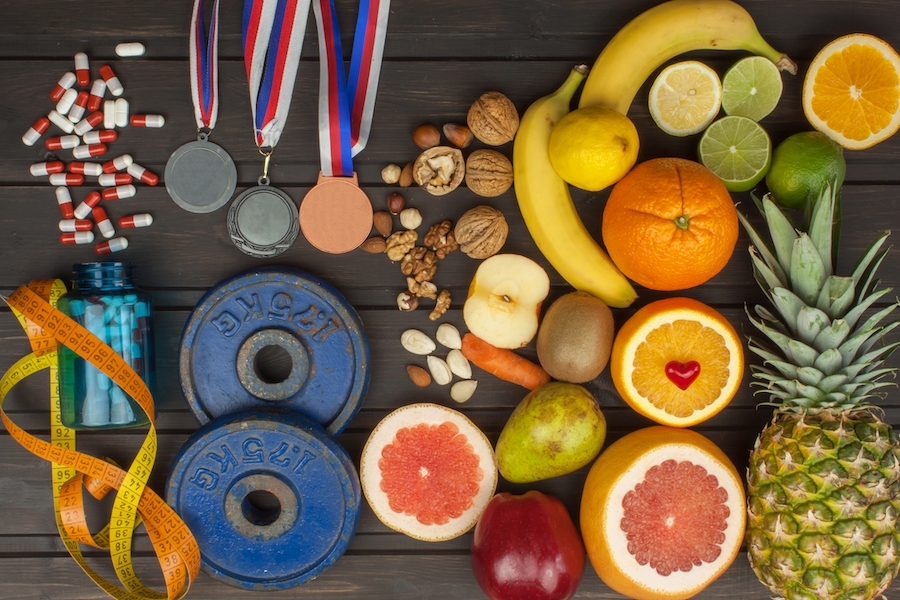
Eating properly for the demands of endurance sports can be challenging. Without the right fuel, performance and recovery will be compromised. Learn how to master and implement a sports nutrition strategy that works for you, whether that’s during your workouts or races.

Eating properly for the demands of endurance sports can be challenging, especially if you’re new to sport. We explore common misconceptions and pitfalls for the beginner endurance athlete.
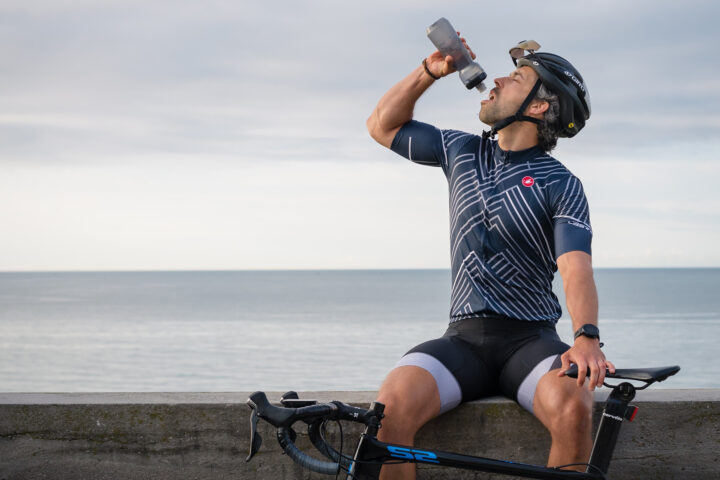
Sports nutrition for endurance athletes is controversial. With the help of experts like Dr. Asker Jeukendrup, Dr. Timothy Noakes, and Dr. John Hawley, we examine the science of fueling your body for performance and health.

Carbohydrates, fats, and proteins are the fuels that power human performance and recovery. And water is a critical piece of the puzzle.
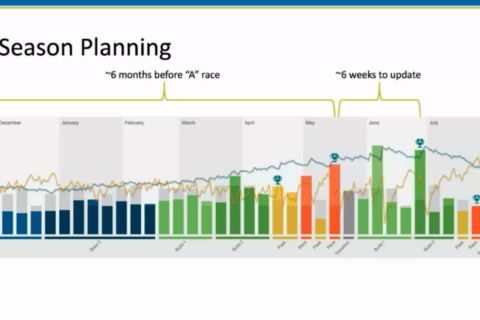
The best cyclists know that race-day nutrition must be planned—quantity, types of food, and timing that will best fuel your body for best performance.
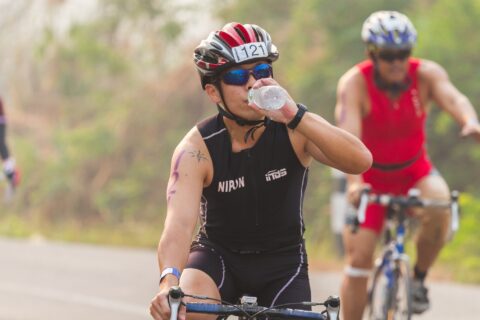
Prime yourself for peak performance by knowing when and how much to fuel in your training and racing.

When this pro athlete stopped restricting nutrition and fueling in favor of a higher-carbohydrate diet, she was surprised by the result.
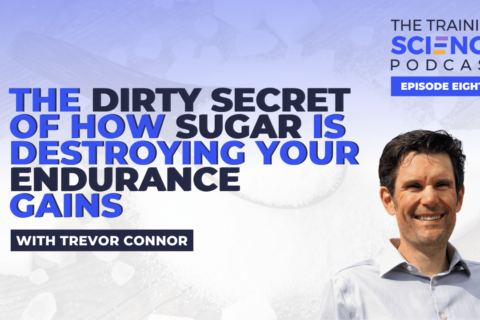
Coach and Fast Talk Labs co-founder Trevor Connor explains the long-term effects of sugar intake on athlete performance with Dr. Paul Laursen.
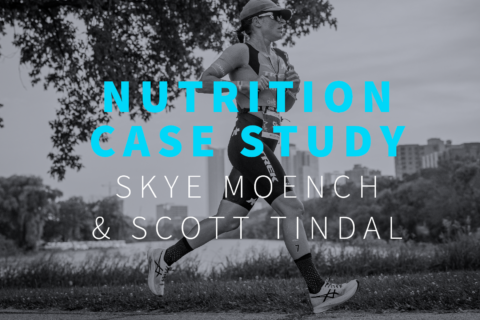
Ensuring athletes are properly fueled will do better for their performance than trying to hit a number on a scale.
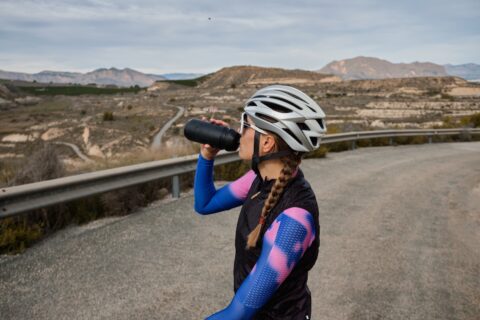
Use these formulas to determine your calorie and carbohydrate needs according to your unique physiology and demands of the event.
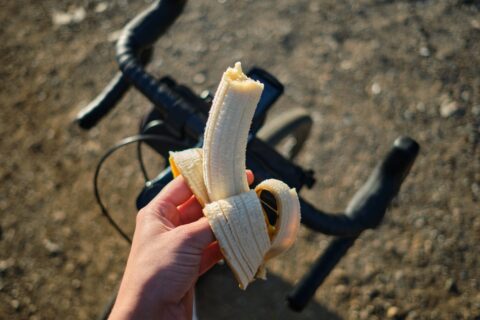
For years we have been told to load up on carbs prior to an event, yet eat very little during competition. Recent research has shown that athletes can ingest more carbohydrate during training and competitions than previously thought.

We discuss the questions of whether a low-carbohydrate diet truly hurts performance and if it is better for our health.
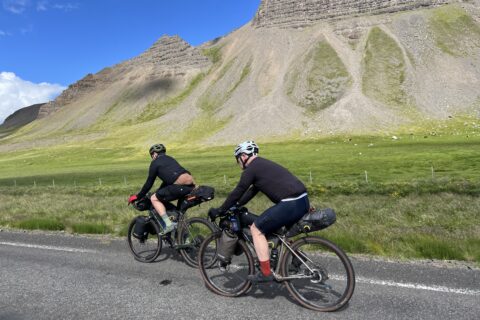
The challenge of consuming calories on the go, day after day is one of the most difficult to overcome. We spoke with several ultra-cycling veterans to learn their strategies.
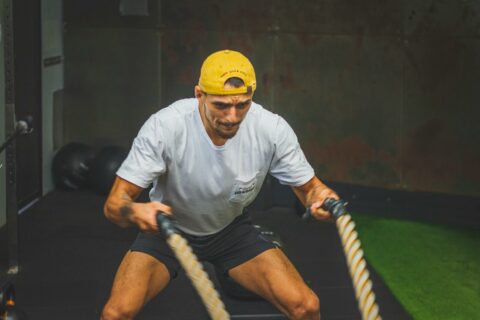
As athletes get older, hormone levels shift, disrupting how the body manages glucose and insulin and inviting a slow creep of excess weight.

Today’s athletes need to discern whether changes in body composition are just part of getting older or if the body is becoming intolerant of carbohydrate.
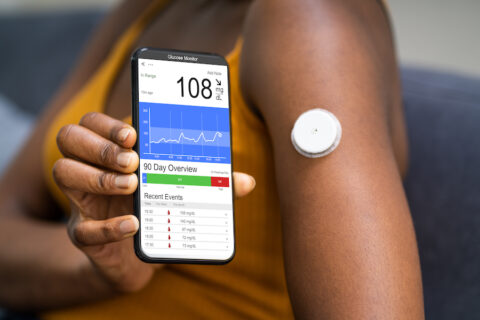
They’re becoming incredibly popular, but where do CGMs fit into racing? Two elite coaches debate the merits and pitfalls of using wearable glucose monitors in competition.

Dry January seems to gain in popularity every year. But just what kind of an impact can abstaining from alcohol have on athletic performance? We find out.
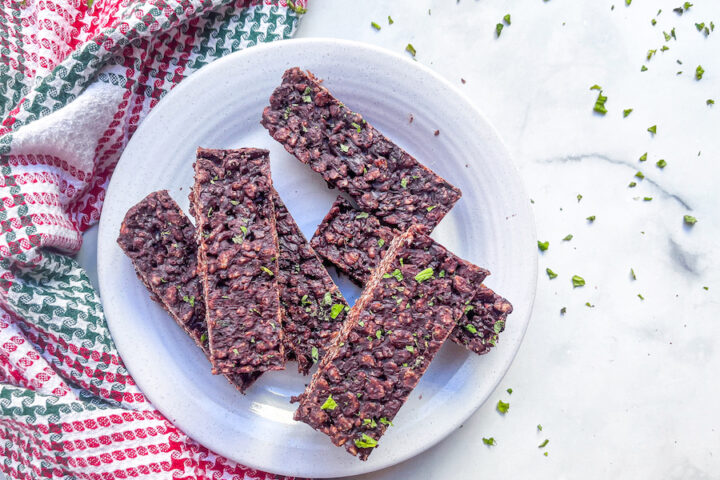
These bars are easy to make, taste great, and are perfect for your next adventure.
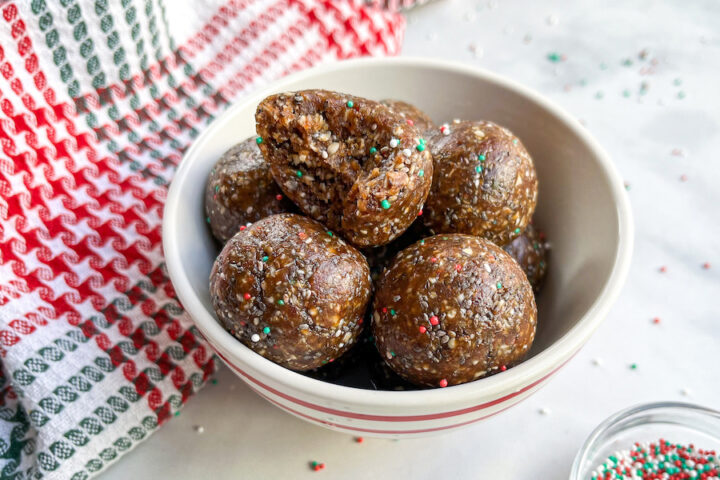
In the second of our holiday-themed recipe series, we’ve got gingerbread energy bites—a fun way to fuel your next adventure.
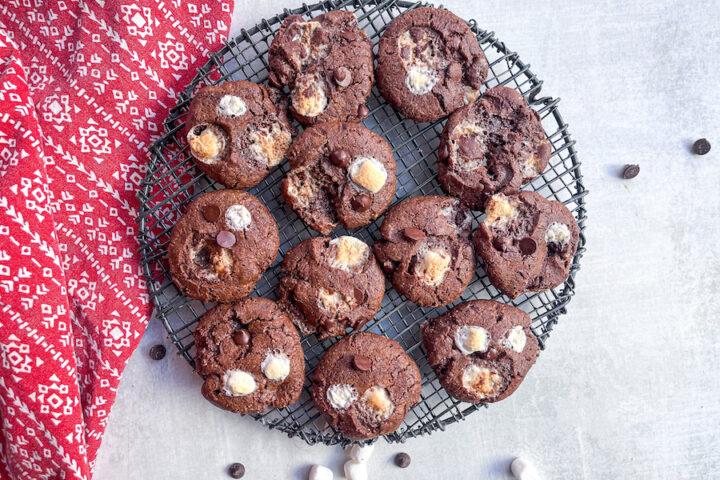
Looking to fuel your workouts a little differently at this time of year? Us too. In the first of our holiday fuel on-the-go recipes, we’ve got these tasty, nutrient-dense hot cacao cookies.
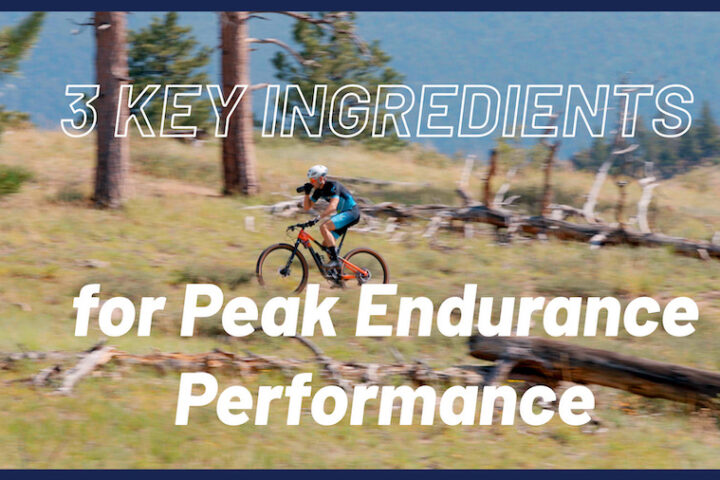
Coach and sports nutritionist Ryan Kohler shares his sports nutrition guide for endurance mountain bike races.

If you have an energy deficit day after day, it can have devastating effects on your health and performance. Find out how to get it right with our guide to low energy availability.
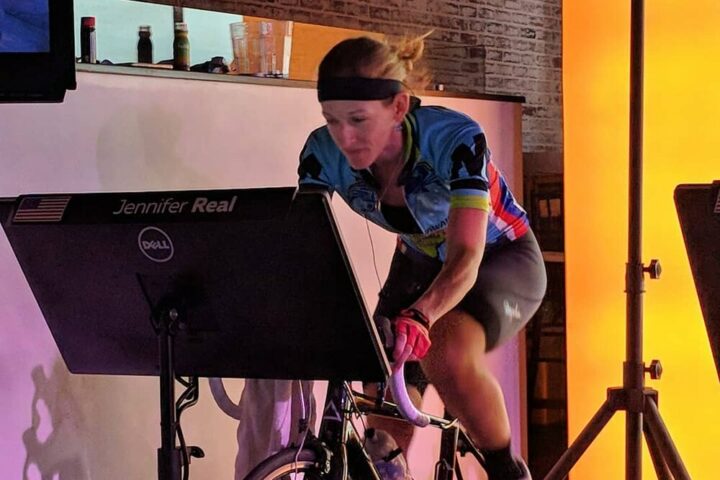
Medical doctor and elite Zwift team manager Jennifer Real talks with us about indoor training and racing, and how to achieve effective recovery including monitoring sleep and taking Vitamin D.